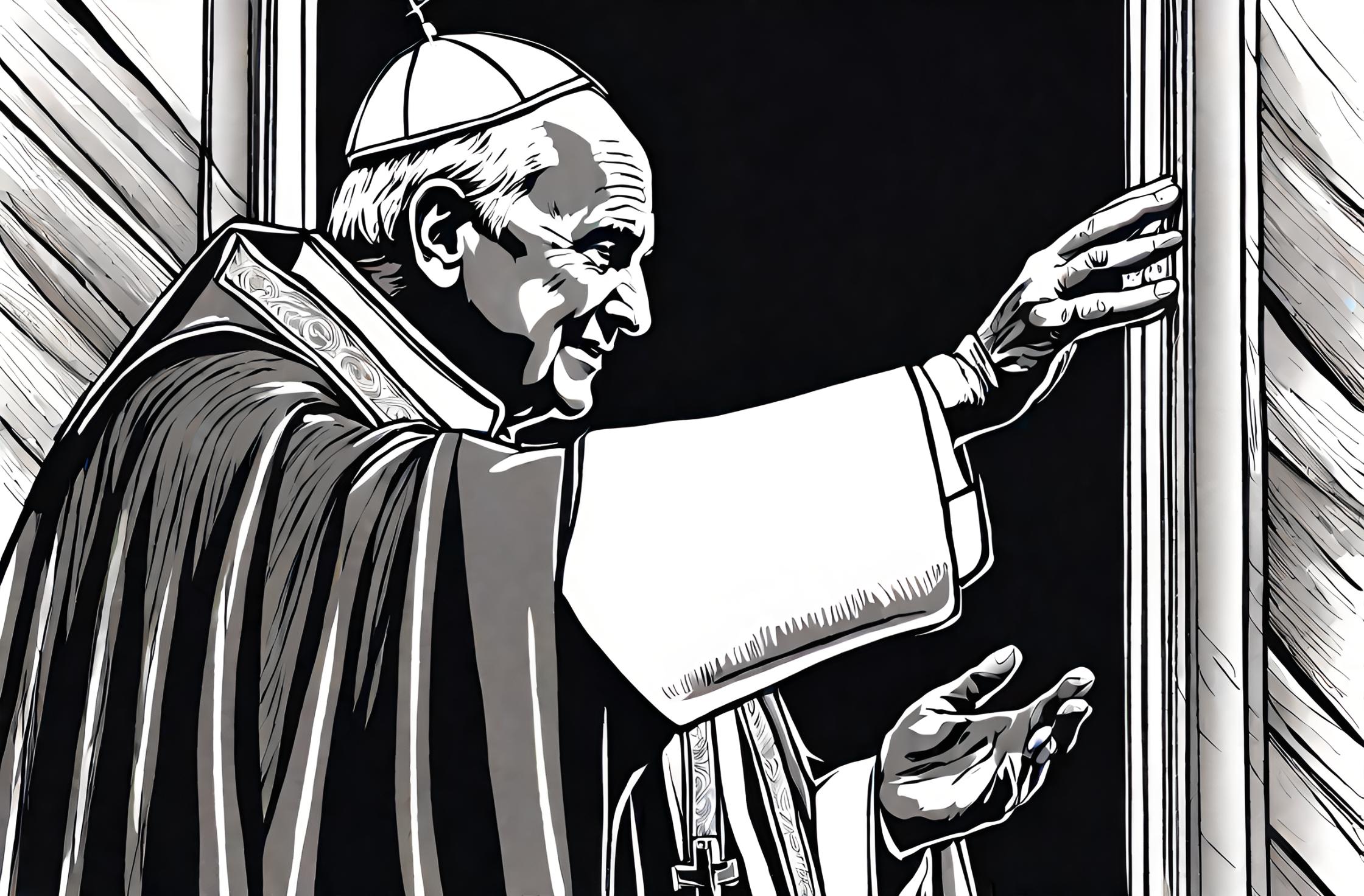Flashback to December 27
World History

On May 17, 1853, a significant event took place in the political landscape of the Netherlands – the second Parliamentary election of the Thorbeckes liberals. This momentous occasion marked a turning point in Dutch politics, as the liberals emerged victorious once again, solidifying their position in the country’s governance.
The Thorbeckes liberals, led by notable statesman Johan Rudolph Thorbecke, had first come to power in the previous parliamentary election of 1848. Their triumph in that election had brought about substantial political reforms and a shift towards a more liberal and progressive agenda in the Netherlands. The 1853 election was crucial in determining whether the liberals’ influence would continue to shape the country’s future or face a potential setback.
As the atmosphere leading up to the election intensified, political parties across the Netherlands rallied their supporters and engaged in active campaigns. The Thorbeckes liberals strategically focused their efforts on promoting their progressive policies, advocating for individual liberties, economic growth, and the protection of civil rights. They presented themselves as the party of change, promising to further modernize the nation and continue their path of progress.
During the election, the Thorbeckes liberals faced stiff opposition from conservative parties, who sought to hold onto power and maintain the status quo. These conservatives, often associated with aristocratic and religious interests, appealed to tradition, stability, and a more hierarchical social order. They argued that the liberals’ approach threatened traditional Dutch values and jeopardized the established social order.
Despite the conservative opposition, the Thorbeckes liberals were able to win over a majority of voters. Their victory was seen as a validation of the liberal agenda and a testament to their ability to inspire and mobilize support. By securing another term in office, the liberals had the opportunity to continue implementing their transformative policies and reshaping Dutch society.
The aftermath of the election saw the Thorbeckes liberals prioritize various reforms and initiatives. Their primary focus was on constitutional and administrative changes, with the goal of further democratizing the political system and empowering individual citizens. One of the most significant achievements during this period was the revision of the Dutch constitution in 1848, which significantly increased individual freedoms and limited the power of the monarchy.
Economically, the Thorbeckes liberals aimed to stimulate growth and modernize the Dutch economy. They encouraged entrepreneurship, established free trade agreements with other nations, and invested in infrastructure projects. These efforts contributed to a period of economic prosperity and industrial development in the Netherlands.
Despite their successes, the Thorbeckes liberals also faced challenges and controversies throughout their term. Their progressive policies often clashed with entrenched conservative interests, leading to heated debates and political divisions. Additionally, their emphasis on individual liberties sometimes led to tensions with religious groups, particularly the influential Dutch Reformed Church.
the second Parliamentary election of the Thorbeckes liberals on May 17, 1853, was a significant event in Dutch history. The victory of the liberals solidified their position in the country’s governance, allowing them to continue implementing progressive policies and reforms. Their emphasis on individual freedoms, economic growth, and constitutional changes reshaped Dutch society for years to come.
We strive for accuracy. If you see something that doesn't look right, click here to contact us!
Sponsored Content

Pope John Paul II…
"Pope John Paul II…

Taliban forces retake the…
"On December 27, 1996,…

England and Portugal sign…
On December 27, 1703,…

USSR performs nuclear test…
On December 27, 1987,…

John Pijnas Dutch painter,…
Renowned Dutch painter, John…

Indonesian National Revolution: Queen…
"Marking a historical event…

